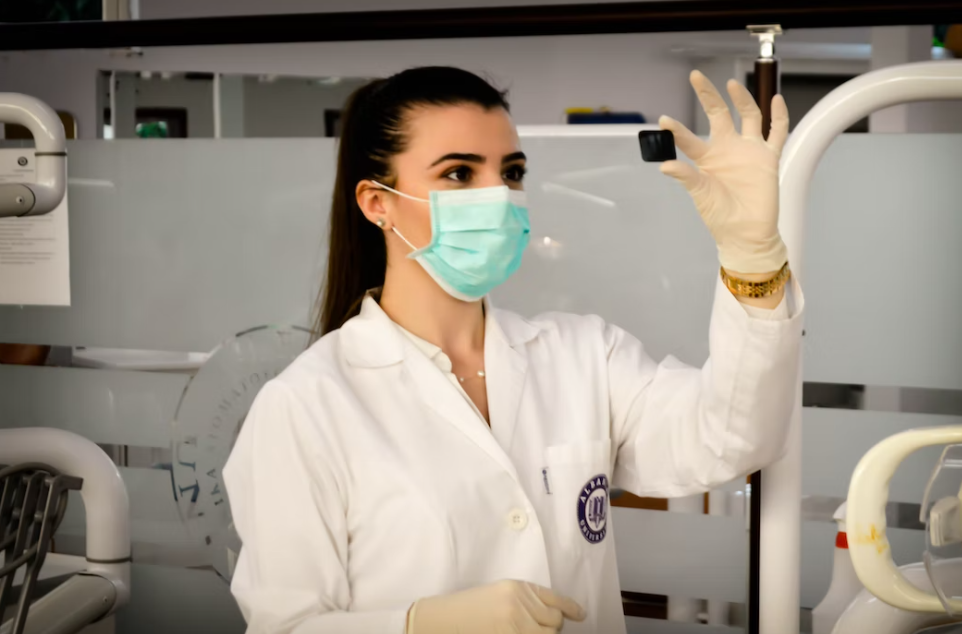
Top Medical Certifications to Have As a Nurse
You have worked hard in college to obtain your degree. You’ve spent the last few years gaining invaluable on-the-job experience. Now, you have reached a point in your nursing career where you want to set the stage to move up the ladder. However, many nurses often are not aware of the many different certifications they may obtain. If you want to further your nursing career, here are the top medical certifications you should strive to obtain.
Critical Care Certification
One of the most popular certifications for registered nurses, the Critical Care Registered Nurse Certification is often required by healthcare employers and covers a multitude of critical care and acute specialties. In the nursing world, you will often hear the CCRN certification referred to as the must-have of all nursing certifications.
Certified Emergency Nurse
In hospitals across the nation, there is often a shortage of nurses who are properly certified to work in high-volume emergency departments. If you are a nurse who enjoys the challenge of helping people with different types of injuries, many of which may be life-threatening, consider obtaining the Certified Emergency Nurse certification. Though similar to the CCRN certification, the CEN is more in-depth regarding emergency room nursing.
Certified Nurse Educator
When you obtain this certification, you will be qualified to teach other nurses about various illnesses and procedures. Once obtained, you can teach in a nursing school or be an in-house educator within a hospital or other healthcare facility. This will also be a good opportunity for you if you already possess a stroke education certification, since you can use your knowledge of stroke patients to help nurses provide better care.
Family Nurse Practitioner
To gain this highly-coveted nursing certification, you will need to graduate from a Master’s degree program and pass an exam. Yet once you do, having a Family Nurse Practitioner certification can open the door to many career opportunities. First and foremost, having the FNP certification means you will be able to act as a primary care provider, giving you the authority to prescribe medications and do many duties performed by physicians. If you want career stability and the chance to work almost anywhere you wish, consider that demand for nurse practitioners is expected to grow by more than 50 percent throughout this decade.
No matter which of these certifications you ultimately obtain, there is no doubt that you will be using your set of specialized skills and knowledge to help patients who are struggling with many different conditions and illnesses
Lizzie Weakley is a freelance writer from Columbus, Ohio. In her free time, she enjoys the outdoors and walks in the park with her husky, Snowball.
